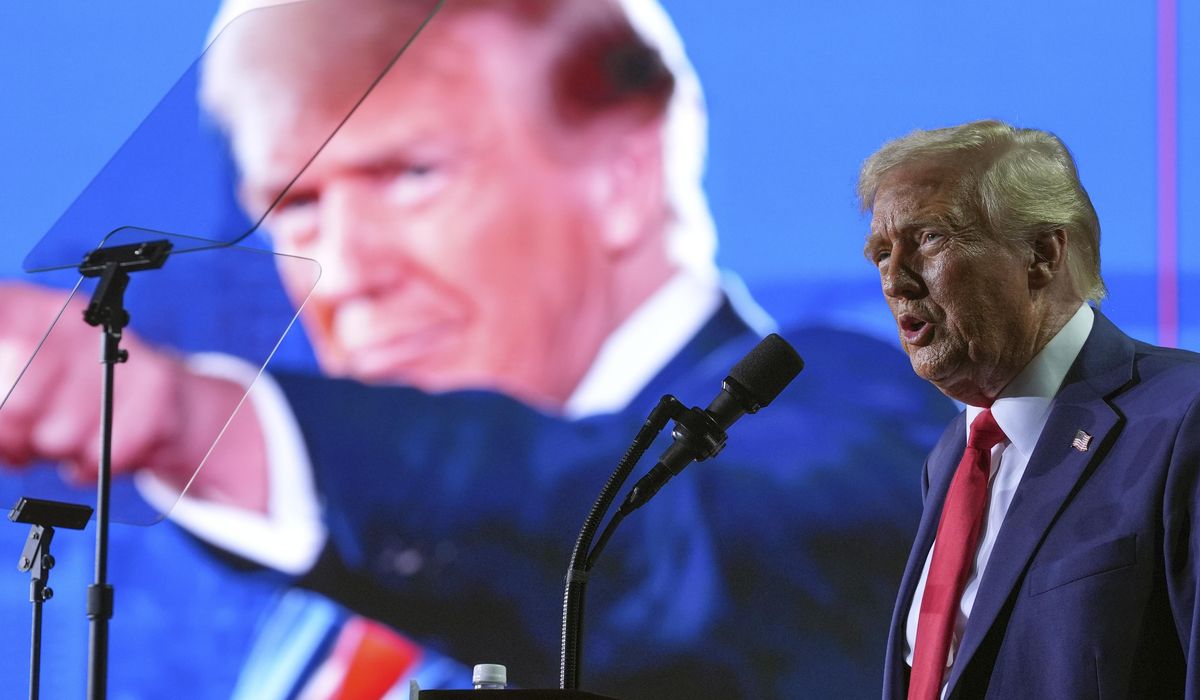


Donald Trump’s emergence in 2015 marked a dramatic shift in American political dynamics, dismantling a long-standing Washington consensus maintained by political dynasties including the Bushes, Clintons, Cheneys and the Obama-Biden alliance.
Mr. Trump’s impact began with defeating Jeb Bush in the 2016 Republican primaries, followed by his shocking victory over Hillary Clinton in the general election. Although temporarily setback by President Biden’s 2020 win, Mr. Trump’s influence continued, eventually leading to Mr. Biden’s political retirement and the Democrats’ turn to Vice President Kamala Harris. The Cheney family, particularly former Rep. Liz Cheney, found themselves estranged from the Republican Party due to their opposition to Mr. Trump.
According to Tucker Carlson, Mr. Trump’s success came from challenging what he called “pointless and corrupt dynasties,” breaking their influence over American politics. Michael McKenna, a pollster who served as a senior legislative aide in the Trump White House, suggests Mr. Trump’s impact extends beyond political families to include the diminished authority of traditional media and the upending of the independence of Congress, erasing institutional inertia and rendering Capitol Hill largely an afterthought of the presidency with the parties either for or against the man in the White House.
The established political order attempted to resist Trump’s influence, with various dynasty members aligning against him. The Cheneys, including Dick Cheney, publicly supported Ms. Harris, while the Clintons and Obamas actively campaigned against Mr. Trump.
Historians and analysts note that Mr. Trump’s success partly stemmed from asking “obvious questions” about established policies, such as challenging the Iraq War decision, and that the dynasties he faced often presented weaker candidates compared to their predecessors.
Read more: Donald Trump: dynasty killer
This article is written with the assistance of generative artificial intelligence based solely on Washington Times original reporting and wire services. For more information, please read our AI policy or contact Ann Wog, Managing Editor for Digital, at awog@washingtontimes.com
The Washington Times AI Ethics Newsroom Committee can be reached at aispotlight@washingtontimes.com.
